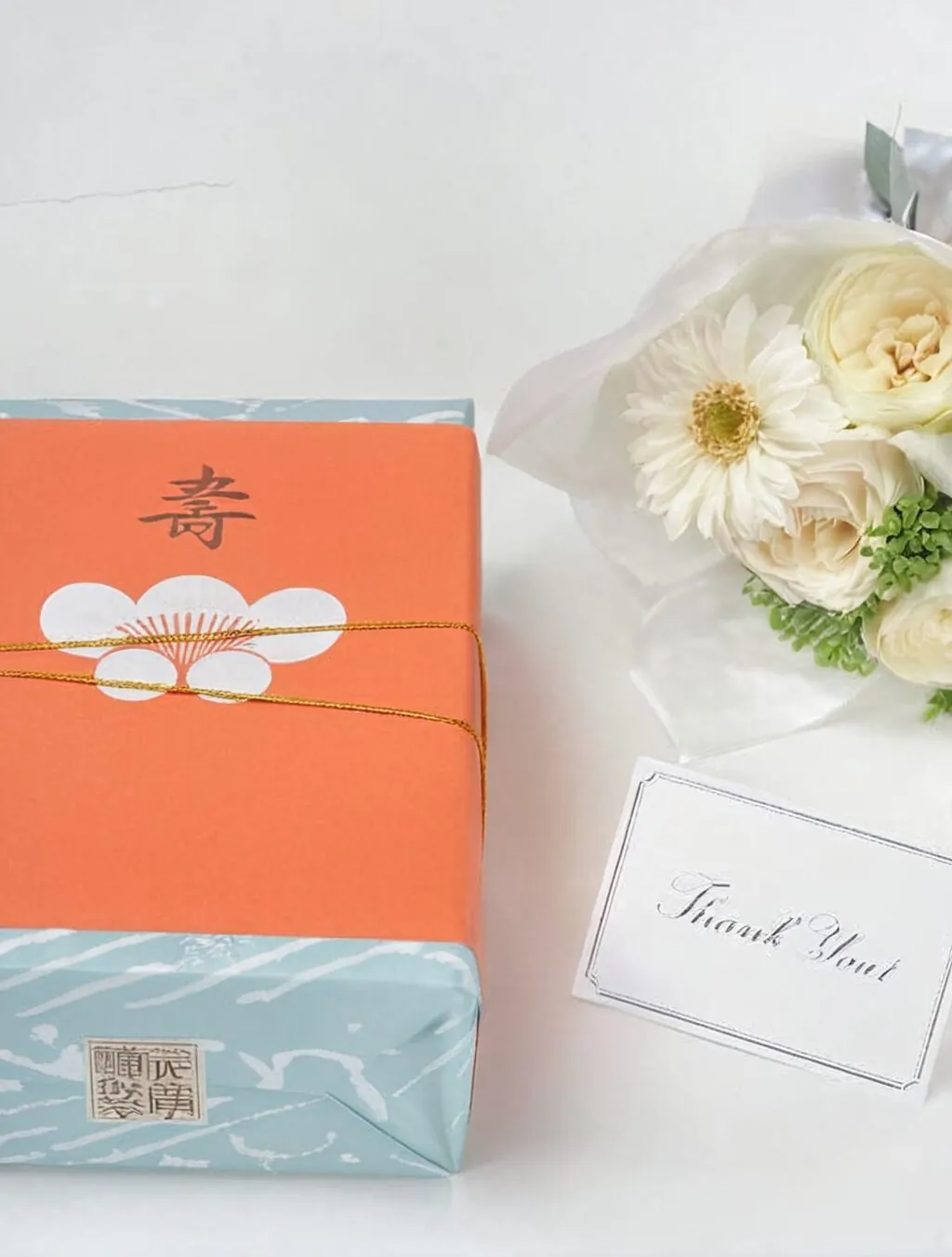Business Gift Giving Etiquette in Japan
Win a Free Trip to Japan!
Experience cherry blossoms and ancient temples
Knowing the cultural nuances of gift-giving in Japan is essential for building successful business relationships. Here’s a comprehensive guide to navigate this important aspect of Japanese business culture.
Gift-giving is an integral part of Japanese business etiquette, serving as a way to express gratitude, strengthen relationships, and show respect. Understanding the intricacies of this tradition is crucial for foreign business professionals looking to make a positive impression.
Cultural Considerations:
- Timing: Gifts are typically exchanged at the beginning or end of a meeting.
- Presentation: Gifts should be wrapped in high-quality paper and presented with both hands.
- Value: The value of the gift should be modest, as lavish gifts can be seen as ostentatious.
- Symbolism: Gifts often carry symbolic meanings, so choosing an appropriate item is essential.
Appropriate Gifts:
- Traditional items: Japanese handicrafts, tea sets, or calligraphy brushes are suitable choices.
- Consumables: High-quality food or drinks, such as sake or wagashi, are appreciated.
- Business-related items: Company branded items or office supplies can be practical and well-received.
Inappropriate Gifts:
- Personal items: Gifts that are too personal or intimate should be avoided.
- Sharp objects: Knives or scissors are considered taboo as they symbolize cutting relationships.
- Flowers: While flowers are sometimes given, certain types, such as white lilies, are associated with funerals.
FAQs:
- Is it okay to decline a gift? Yes, but it should be done politely and with a valid reason.
- What if I can’t find an appropriate gift? A small token of appreciation, such as a box of chocolates, is always acceptable.
- How do I respond to receiving a gift? Express gratitude and admiration, and offer a small gift in return.
Navigating business gift-giving etiquette in Japan requires cultural sensitivity and a deep understanding of the traditions. By following these guidelines, foreign business professionals can strengthen their relationships, foster goodwill, and make a lasting impression in the Japanese business landscape.
business gift giving etiquette in japan
Japanese Business Gift Giving: Etiquette and Cultural Considerations
In the intricate world of Japanese business, gift-giving holds immense significance. Understanding the nuances of this tradition is paramount for foreign professionals seeking to build successful relationships and navigate cultural complexities.
Etiquette and Customs:
- Timing: Gifts are typically exchanged at the beginning or end of meetings.
- Presentation: Gifts should be wrapped meticulously and presented with both hands, showing respect.
- Value: Modesty is key. Extravagant gifts can be perceived as ostentatious.
- Symbolism: Gifts often carry symbolic meanings, so choose items that align with the occasion and recipient.
Appropriate Gifts:
- Traditional: Japanese handicrafts, tea sets, or calligraphy brushes are thoughtful and appreciated.
- Consumables: High-quality food or beverages, such as sake or wagashi, are suitable choices.
- Business-related: Company-branded items, office supplies, or technology gadgets can be practical and well-received.
Inappropriate Gifts:
- Personal: Gifts that are overly personal or intimate should be avoided.
- Sharp objects: Knives or scissors symbolize cutting relationships and are considered taboo.
- Flowers: While flowers are sometimes given, certain types, like white lilies, are associated with funerals.
FAQs:
- Can I decline a gift? Yes, but do so politely and provide a valid reason.
- What if I can’t find a suitable gift? A small token of appreciation, such as a box of chocolates, is always acceptable.
- How should I respond to receiving a gift? Express gratitude and admiration, and offer a small gift in return as a gesture of reciprocity.
Japanese business gift-giving etiquette is a reflection of the country’s deep-rooted cultural values. By understanding and adhering to these customs, foreign professionals can foster strong relationships, demonstrate respect, and navigate the intricacies of Japanese business successfully.

